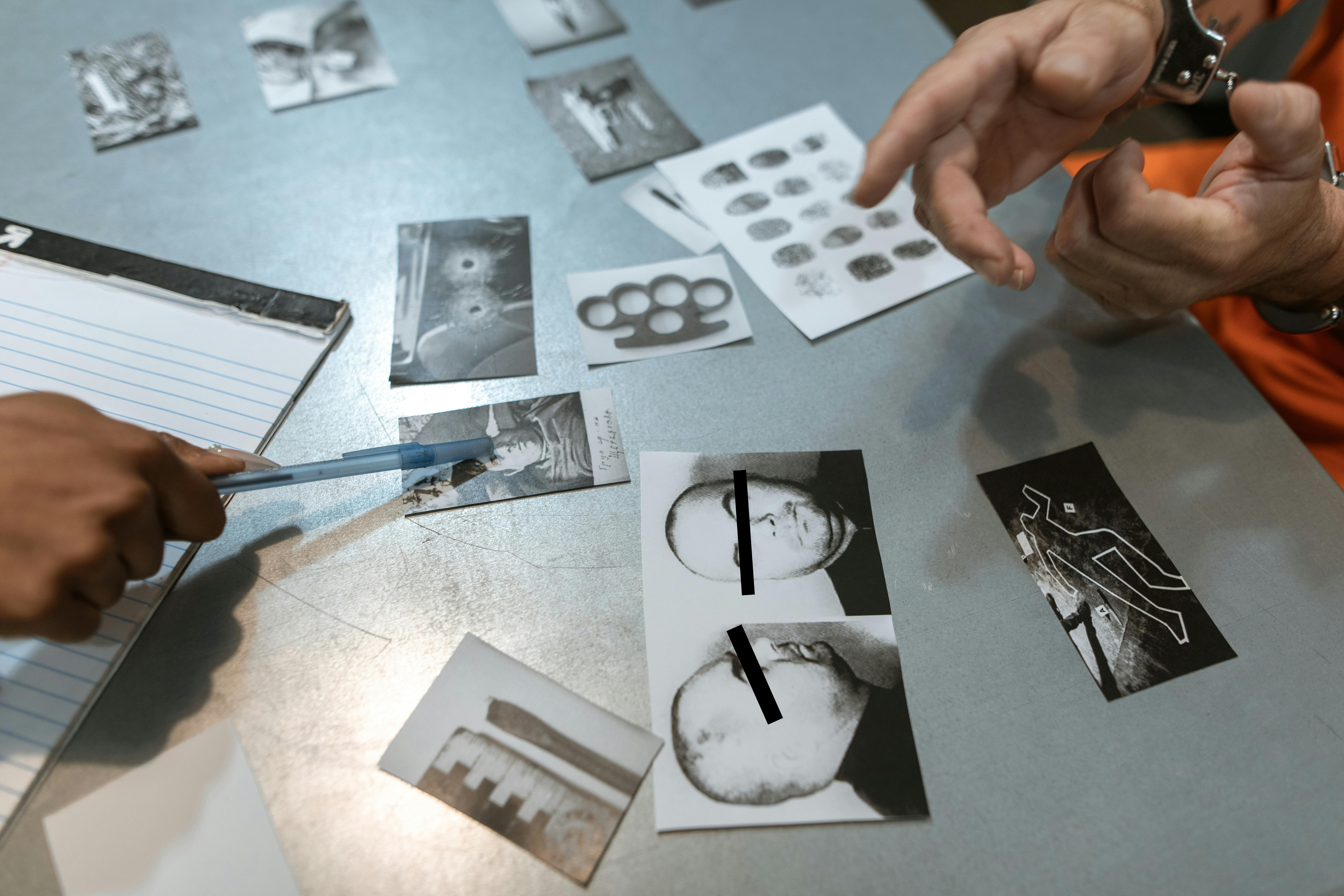Traditionally, the “art” of interviewing (and it is both an art and a science) has been viewed as the purview of law enforcement and military officers.
Ironically, the rest of society outside of law enforcement also has a great need to properly interview people in ways that maximize effectiveness.
Imagine how it feels to know if someone is lying to you. Put yourself in the role of:
1) Parent – Talk to your children – Talk to your children’s friends (and their parents)
2) School Counselor – Talking to Students – Talking to Parents
3) Employer – Talk to employees – Talk to subordinates – Interview candidates or Talk to vendors
4) Human Resources Officer – Investigate a complaint – Conduct a hiring interview – Administer corrective actions – Participate in promotion interviews – Conduct an exit interview
5) Spouse – Talk to your “partner” – Talk to in-laws
6) Physician – Interview patients – Talk to patients’ families – Talk to other doctors – Talk to their staff
7) Lawyer – Talking to his clients – Interviewing witnesses – Depositions – Interrogations – Negotiating with other lawyers
8) Investigative reporter – Interview fact witnesses – Interview victims – Interview people who hide information – “Catch” people who lie to you
And the list goes on and on and on…
Why is this training not given to everyone?
In virtually every modern school, agency, or business, much thought and care is given to the allocation of training, especially one that requires both time and money.
In almost every situation, different segments of the agency (school, business, or organization) have had to compete in some sense for their share of the almighty training dollar budget.
Training is generally expensive and takes people away from their main jobs. Think about it: When you go to a training day, your employer not only bears the costs associated with the training itself, but also must: 1) Get you there (transportation) 2) Pay you to stay there (hotels) 3) Pay your meals while you are training 4) Pay for your return trip 5) Lose the value of your work while you are away training.
Not only that, but your employer also loses your wages for the time you are away attending training!
As a result, it is up to agency managers to prioritize the money available for training and select the right training to maximize effectiveness.
Admins don’t want to send everyone to training, so they end up sending only the people who seem to “need” them the most.
Typically, people investigating situations tend to be the only ones receiving investigative interview training, when an objective review of virtually all supervisory job descriptions would indicate this would be a big topic for all supervisors.
Consider the absolute certainty that we will have to interact with people during each and every work day. Shouldn’t we know how to talk to people, gather useful information from them, and assess the accuracy (and veracity) of that information?
What we need are interview methods that are not based entirely on theory, but rather on practical application. These techniques must be used successfully, very easy to learn and do not require reference texts to be taken to the field.
When learning how to interview people, we need to look at what’s wrong (or at least ineffective) with typical interview techniques, what has led us in the past to use techniques that don’t work, what works, and how to develop techniques that will dramatically increase our rates. of success in dealing with people and will be of great value in clarifying the statements obtained from victims and witnesses.
A few years ago, I realized that many others needed to know how to interview people in a systematic way that achieved the same desired goal: getting to the truth.
Look for a system that is highly intuitive, easy to use, and doesn’t require memorizing “steps” or mandatory sequences. Therefore, more adaptable to the non-police world than more structured and rigid interview systems.
Also, look for a system that allows you to interview someone with whom you have an ongoing relationship, because you need to learn how to interview in a calm, pleasant, and non-threatening manner.
While there are some obvious differences between law enforcement interviews and non-law enforcement interviews, these differences primarily lie in subject matter.
The techniques, goals, and methods are remarkably similar, whether you’re an employer interviewing an employee or a homicide cop interviewing a suspect.
